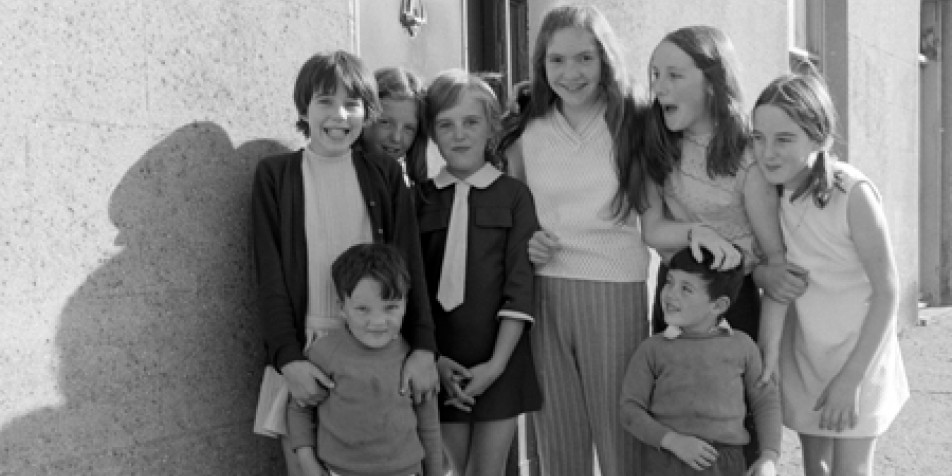Have We Gotten the Message of Anderson v. Houston?

Ten years ago, in Anderson v. Houston, Juvenile Law Center and the ACLU sued the Pennsylvania state child welfare agency for discriminating against relatives who sought to become foster parents. At the time, the state Department of Public Welfare, as well as county children and youth agencies, prohibited extended family members from becoming licensed foster parents and receiving financial support like non-relative foster parents. These policies were fueled by unspoken—and sometimes spoken—beliefs that either family should care for relatives without any support or that parental problems were evidence of similar problems among extended family members. As a result, many children were placed in foster homes despite caring, loving relatives ready and willing to provide homes for them. In 2005, Anderson ended in a settlement which required that eligible relatives be permitted to be licensed as foster parents and receive financial support to care for youth in their extended families.
|
The number of youth placed in kinship care now accounts for almost 25% of the Pennsylvania child welfare population. Still, about 1,000 youth in the state age out of foster care without finding a family. |
Every child deserves the love and support of family. Relatives have always played a crucial role in supporting children and providing a safety net when families hit rough patches, and extended family becomes even more important when children are at risk of entering or indeed enter foster care. Yet, our treatment of extended family has been complicated and has changed significantly over time.
Since Anderson, federal law has radically shifted to recognize the importance of a child’s extended family and affirmatively supports placing children with relatives. Not only are relatives given preference in placement,1 but now extended family members must be notified within 30 days of a child’s removal from the home and informed of all opportunities to care for the child.2 Kin who take permanent guardianship of youth are also eligible to receive financial support. In addition, Pennsylvania state law now requires rigorous “family finding” efforts—using technology and traditional social work skills—for all foster care children every year until they exit care or find family and permanency.
From 2008 to 2013, the number of youth placed in kinship care placements in the child welfare system has slowly grown and now accounts for almost 25% of the child welfare population in Pennsylvania.3 Nevertheless, about 1,000 youth age out of foster care in Pennsylvania (23,000 youth, nationwide) without finding a family. Many of these youth seek out or return to family when they age out. We miss out on a great opportunity to help children and families when we do not try to help them re-establish connections with their families.
Image credit: untitled by National Library of Ireland no copyright restriction.
[1] 42 U.S.C. 671 (a)(19).
[2] 42 42 U.S.C. 671 (a)(29).
[3] http://datacenter.kidscount.org/data/tables/5098-foster-care--children-…